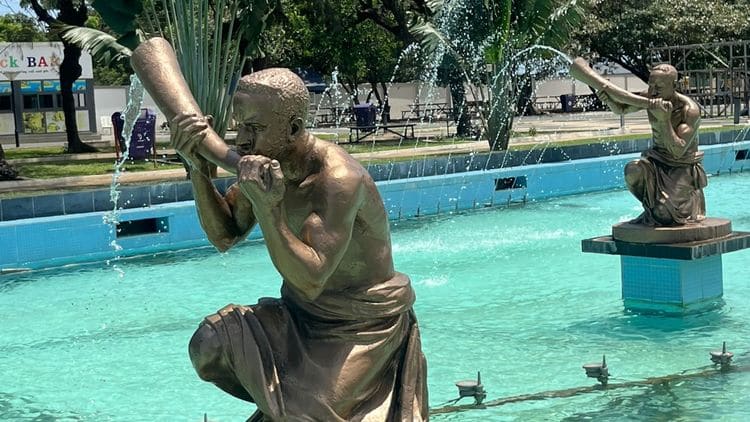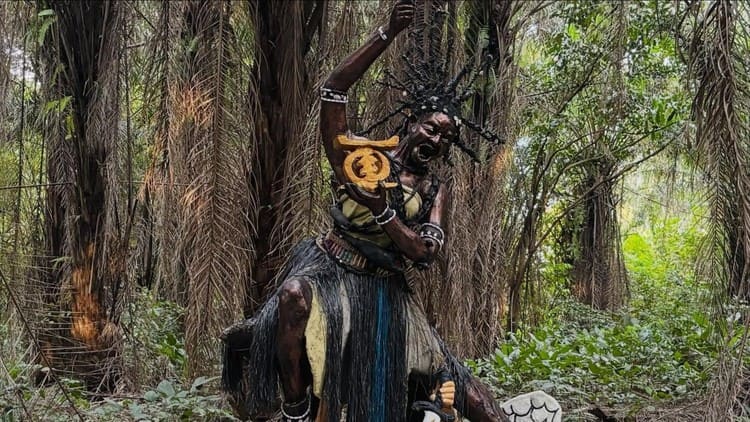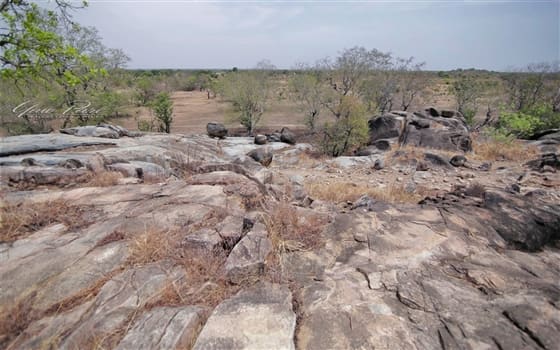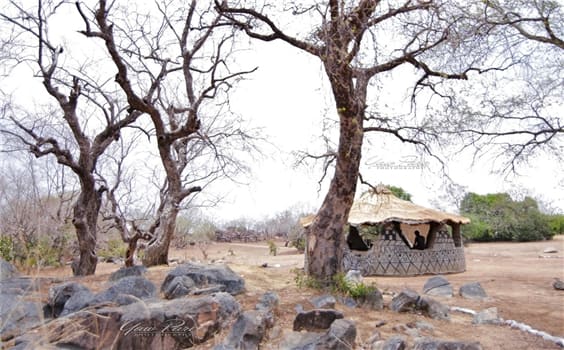Unveiling Ghana's Tragic Past
Located in the Upper East Region of Ghana, the Pikworo Slave Camp stands as a poignant reminder of a dark era in human history. Established in 1704, this historical site witnessed the unimaginable suffering and resilience of countless individuals who were caught in the web of the transatlantic slave trade. Today, the camp serves as a significant tourist attraction, offering visitors a chance to delve into the haunting history that unfolded within its walls.
With its origins as a slave transit center, the Pikworo Slave Camp played a crucial role in the trade of enslaved people. Slaves from various regions would be brought to the camp and auctioned off to the highest bidder. They would then endure a treacherous journey to the Salaga Slave Market, located approximately 150 kilometers south of Pikworo, where they would be resold and shipped to different parts of the world.
The camp's historical significance lies not only in its role as a transit center but also in the sheer number of slaves it accommodated. Records suggest that the Pikworo Slave Camp housed an average of 200 slaves at any given time, making it a bustling hub of human misery. Today, the camp stands as a solemn testament to the strength and resilience of those who suffered within its confines.
A visit to the Pikworo Slave Camp is a deeply emotional and thought-provoking experience. As you step onto the grounds, you can't help but feel the weight of history pressing upon you. The remnants of the camp's structures, such as the holding cells and auction grounds, serve as poignant reminders of the atrocities committed within these walls. The echoes of the past resonate through the air, beckoning visitors to listen, learn, and remember.
While the Pikworo Slave Camp holds a somber ambiance, it also offers a glimmer of hope. Efforts have been made to preserve and enhance the site, allowing visitors to gain a deeper understanding of this tragic chapter in Ghana's history. The Ministry of Tourism, Arts and Culture, in collaboration with the Ghana Tourism Authority, has initiated enhancement work at the camp to ensure its preservation for future generations. These ongoing efforts serve as a testament to Ghana's commitment to acknowledging its past and promoting education and remembrance.
As you explore the Pikworo Slave Camp, consider joining a guided tour. Knowledgeable guides provide historical context, share personal stories, and offer insights into the daily lives of those held captive within these walls. Their narratives add a human element to the history, allowing visitors to empathize with the individuals who endured unimaginable suffering.
Visiting the Pikworo Slave Camp is a powerful and transformative experience that not only educates but also inspires. It serves as a reminder of the importance of understanding our shared history, confronting the injustices of the past, and striving for a better future. This somber journey leaves an indelible mark on the hearts and minds of those who venture within its boundaries.
While you are in Paga, you may also like to visit the Paga Crodocile Pond.

Hi, I am Jane and I am a GhanaTRVL Insider.
















Comments